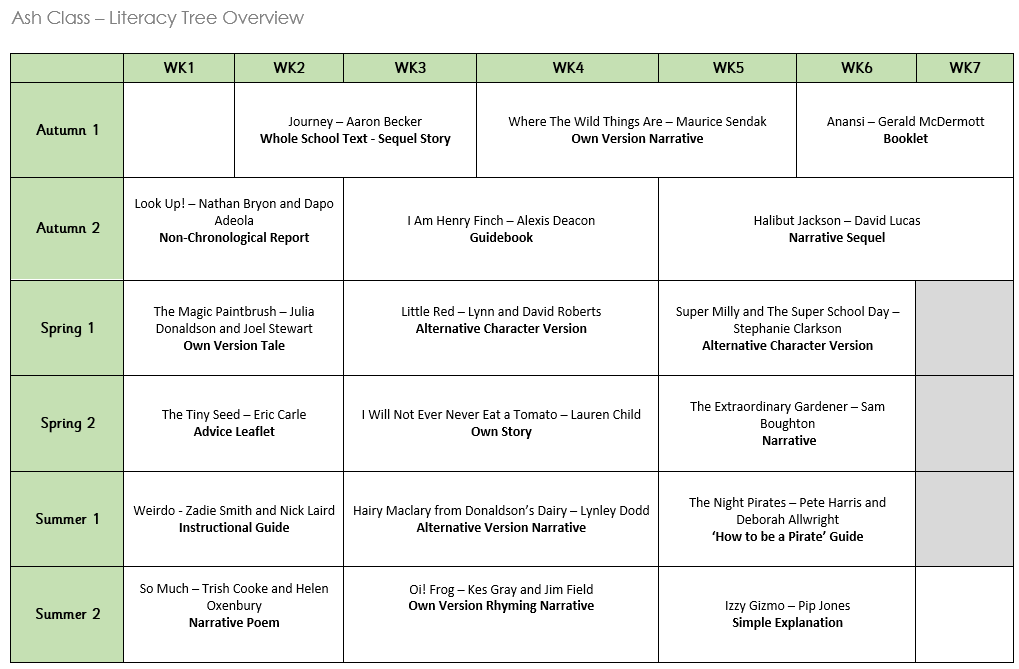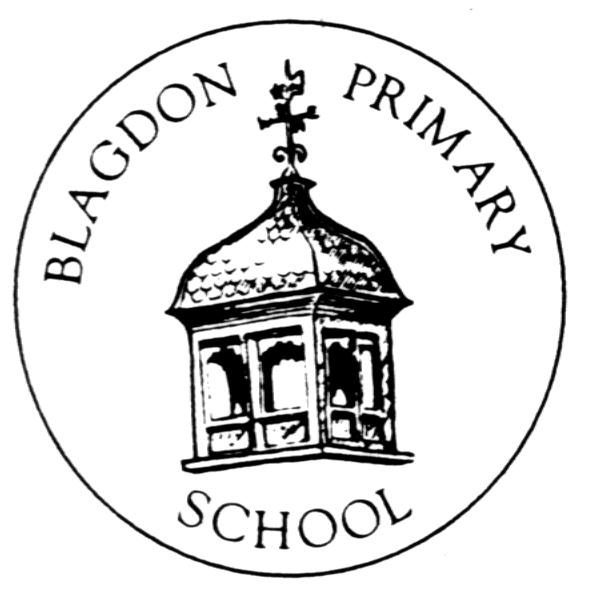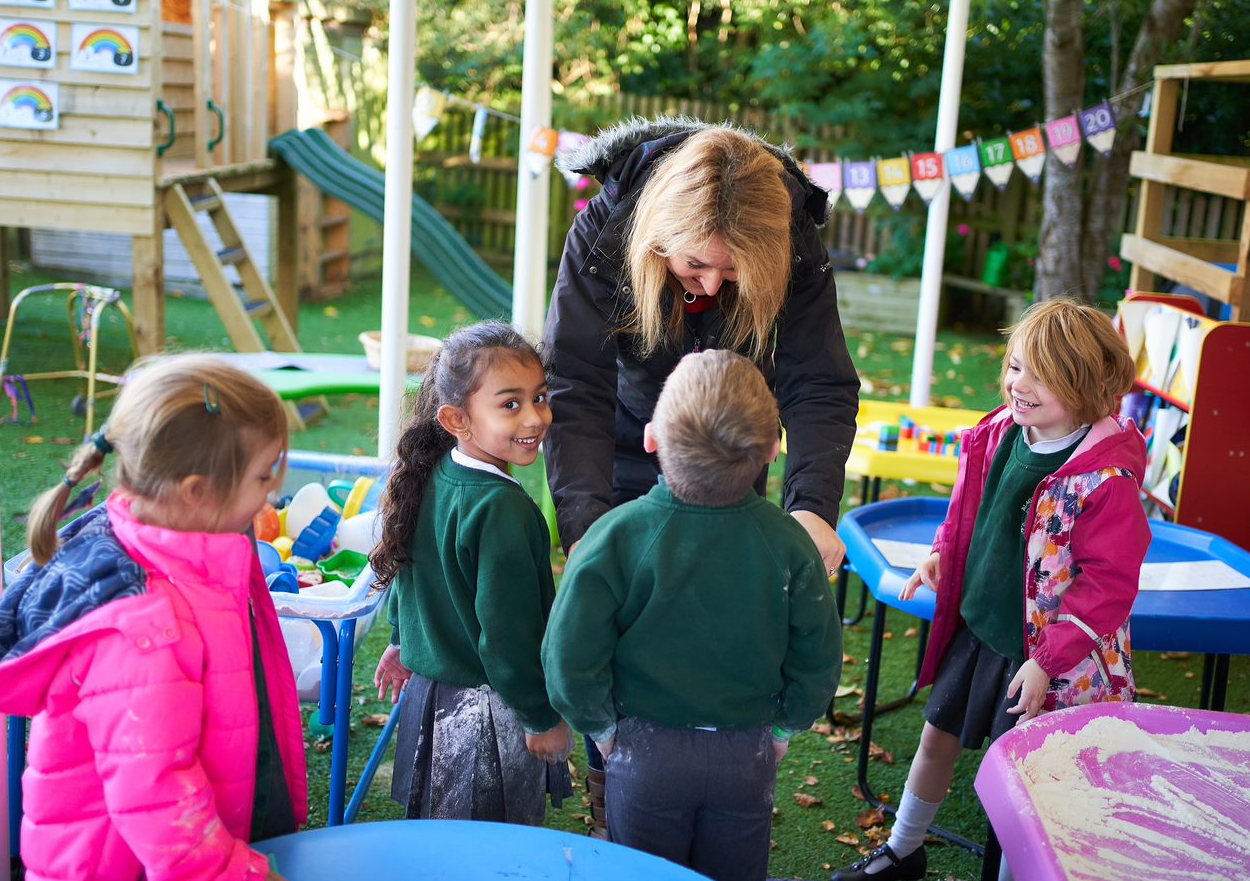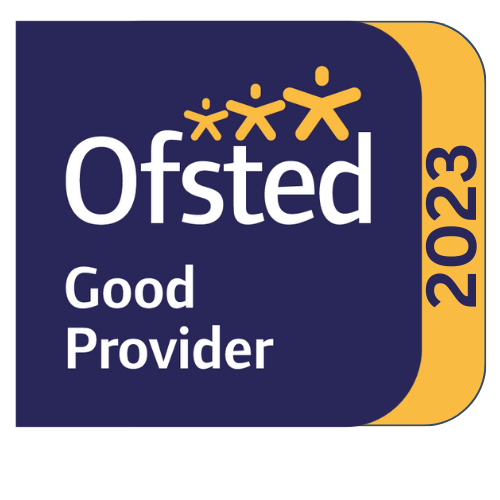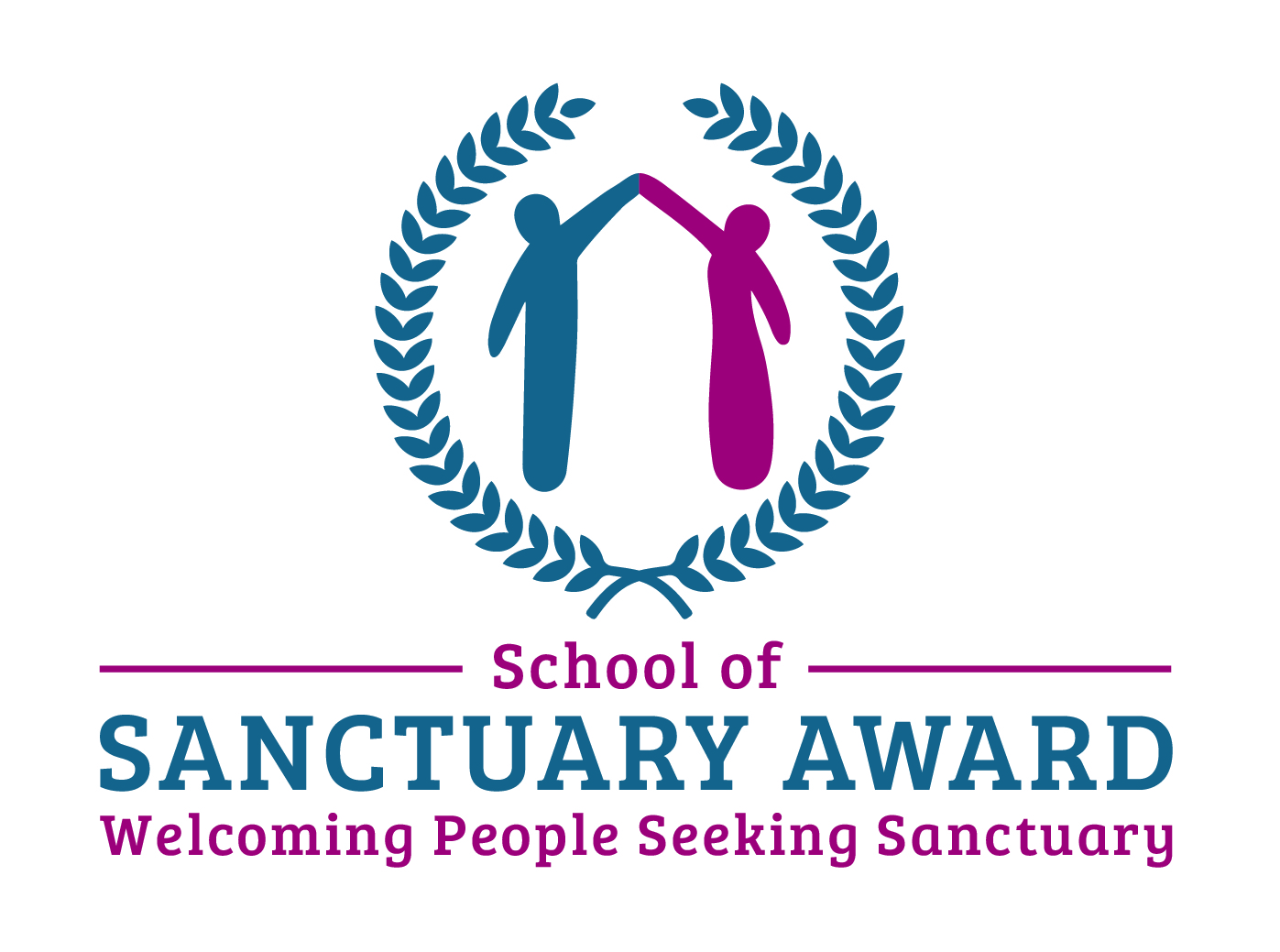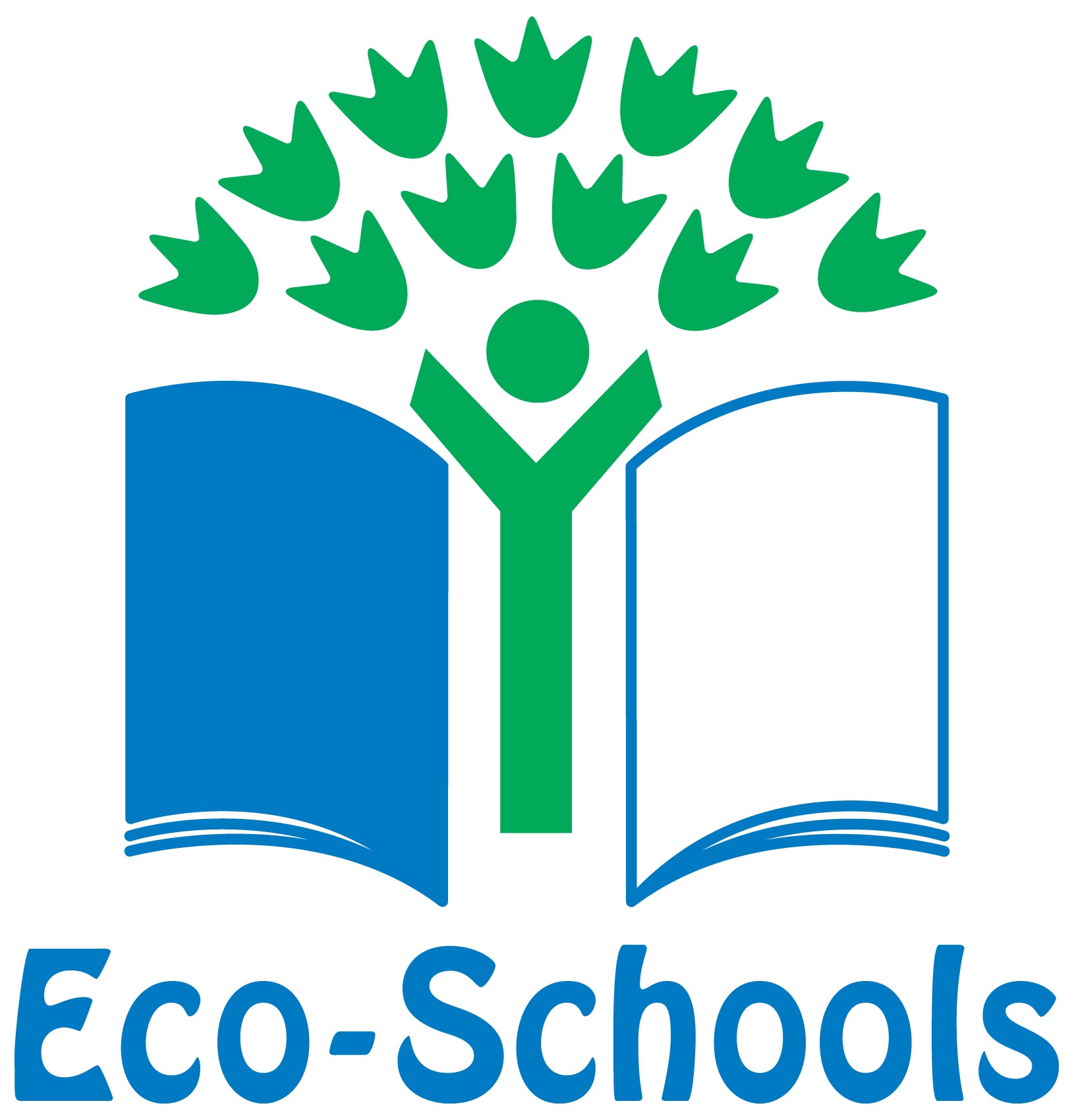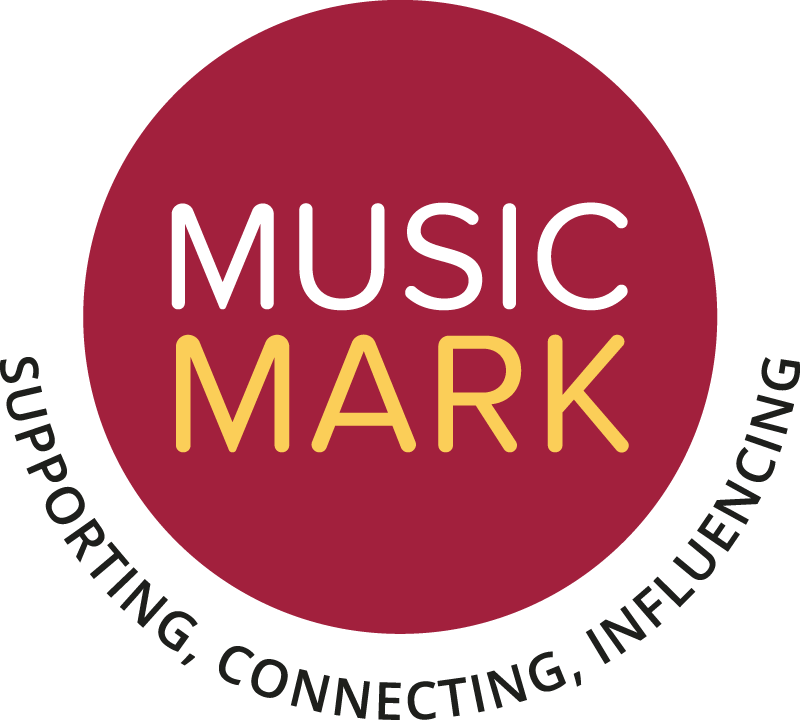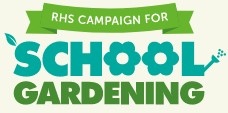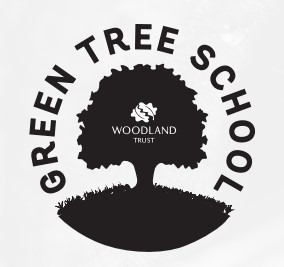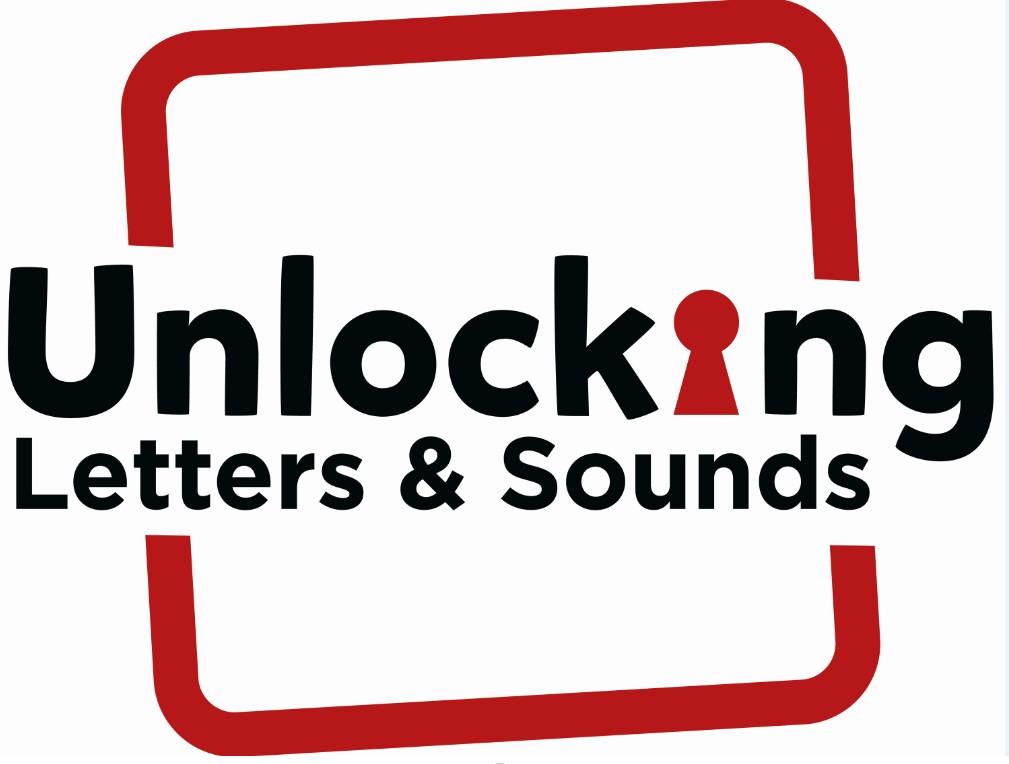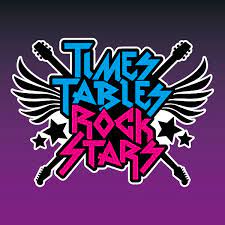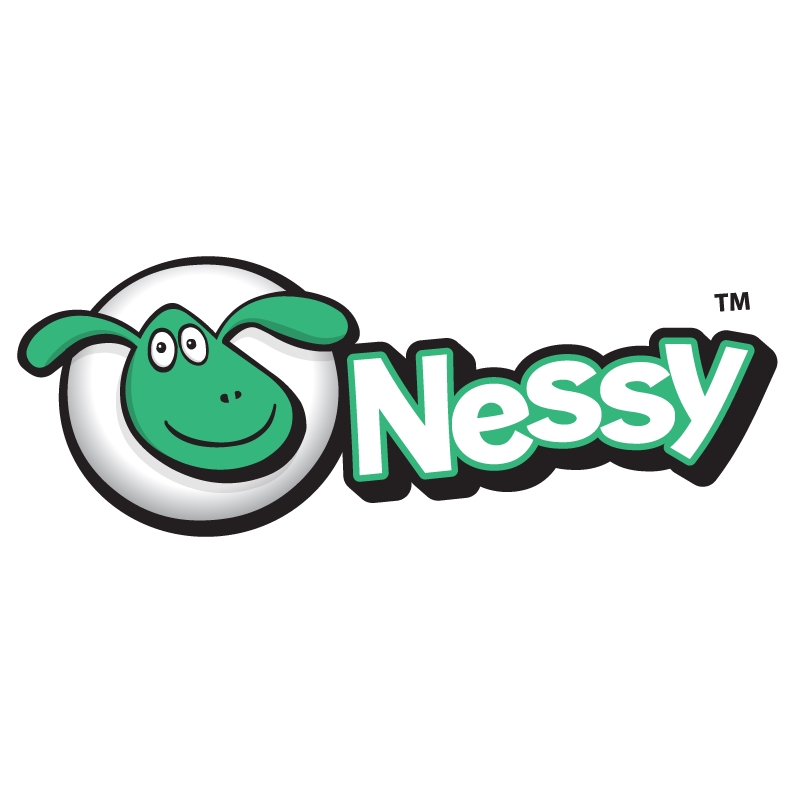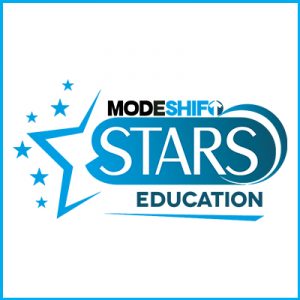Early Years Foundation Stage
EYFS at Blagdon Primary School
We aim to support all children to become happy, independent, confident and curious learners as they explore the world around them. Our intent is for children to become successful learners across all of the seven areas, in a secure, safe and stimulating learning environment.
We do this through:
- A balance of child-initiated and adult-led learning using continuous play and small group activities.
- Adults scaffolding children’s learning through play, following the child’s interests.
- A learning environment that excites and which promotes independence and inspires curiosity.
We believe that each child is an individual, with their own interests, experiences, needs and ways of learning. We also understand that the support, care and opportunities that children receive is essential to their development and prepares them to excel. This includes the people around them and the environment that is available to them.
We firmly support the overarching principles of the framework for the Early Years Foundation Stage, which are:
- a unique child
- positive relationships
- enabling environment
- learning and development
We work closely with families and the pre-school providers our children come from to ensure a smooth transition to school each year. This relationship helps our children to settle quickly and is the start of each child's learning journey through the school.
Phonics Scheme
We use Unlocking Letters and Sounds as the basis for the planning of our high quality, systematic phonics programme. We begin teaching phonics in third week of Reception and children make rapid progress in their reading journey. The first books the children read are fully decodable and are matched to the sounds the children are learning as they progress. For more information on this, please look at our English Page.
The Early Years Foundation Stage (EYFS)
On 1st September 2021, the revised Early Years Foundation Stage (EYFS) framework became statutory.
The EYFS has seven areas of learning and development. All areas are important and inter-connected, but three areas have been identified as crucial for igniting children’s curiosity and enthusiasm for learning.
These are the Prime areas:
- Communication and language
- Physical development
- Personal, social and emotional development
These prime areas are strengthened and applied through the remaining four Specific areas of:
- Literacy
- Mathematics
- Understanding the world
- Expressive arts and design
The development of children’s spoken language underpins all seven areas of learning and development.
In addition to these areas of learning, are the Characteristics of Effective Learning, which develop a pupil’s approach to learning as they develop.
These are:
- Playing and Exploring – engaging with activities and trying out new things
- Active learning – persisting with activities, maintaining focus and enjoying meeting challenges
- Creating and thinking critically – the opportunity to be creative through all areas of learning, not just the arts. Adults support children’s thinking and help them make connections, to find new ways to do things and to change strategy as needed.
Within the first 6 weeks that a child starts in Reception, the Reception Baseline Assessments (RBA) are administered.
At the end of the EYFS, the EYFS profile for each child is completed. Pupils are assessed against the 17 early learning goals, indicating whether they are:
- Meeting the expected levels of development (expected)
- Not yet reaching expected levels (emerging)
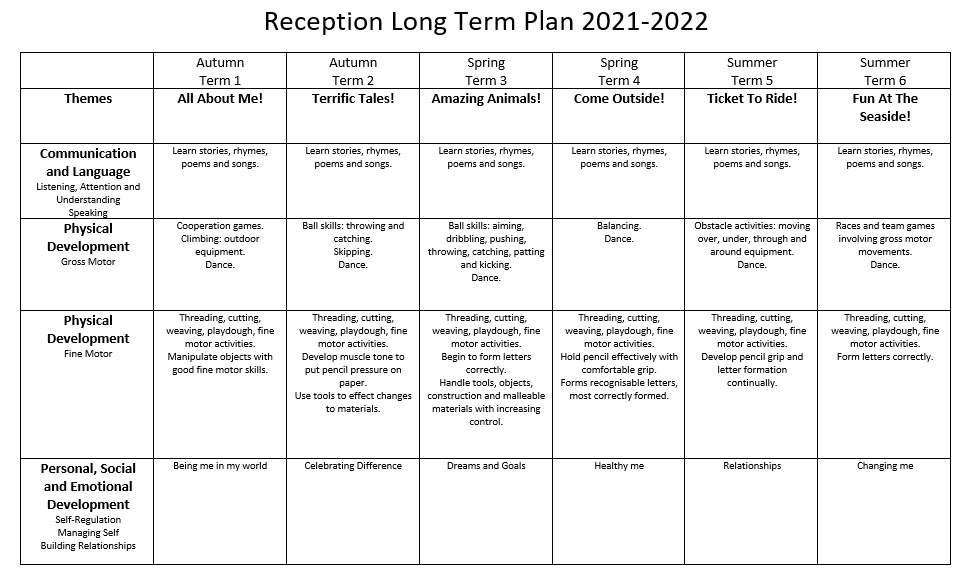
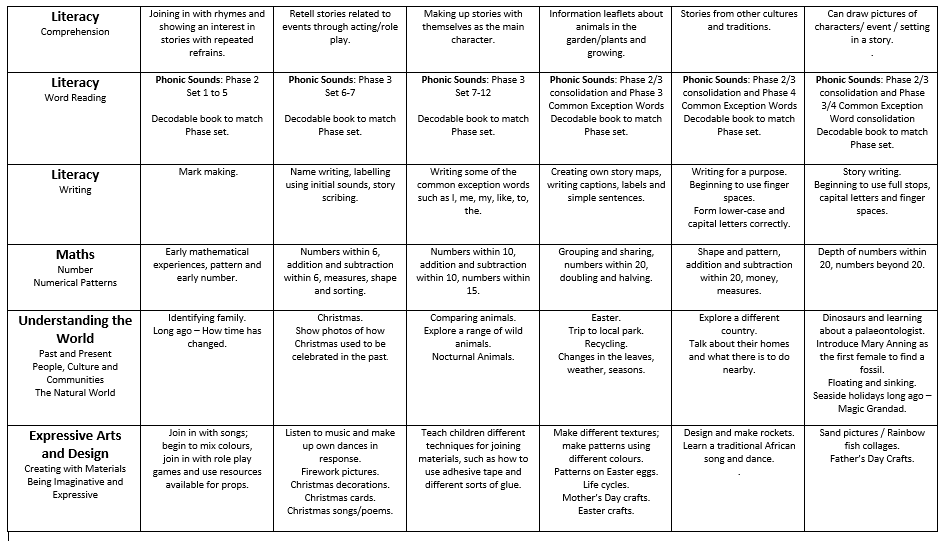 Overview of books enjoyed in English
Overview of books enjoyed in English
